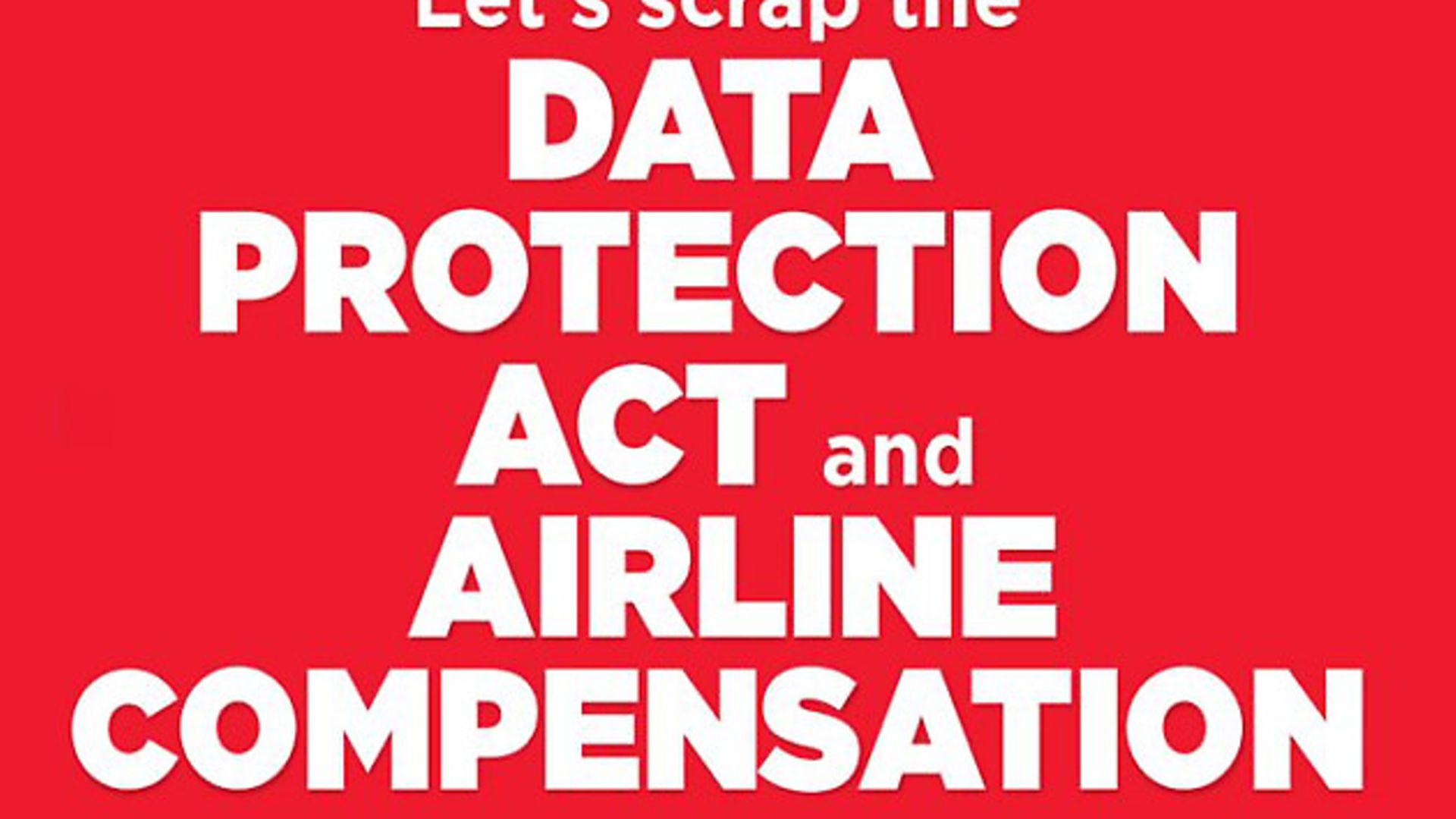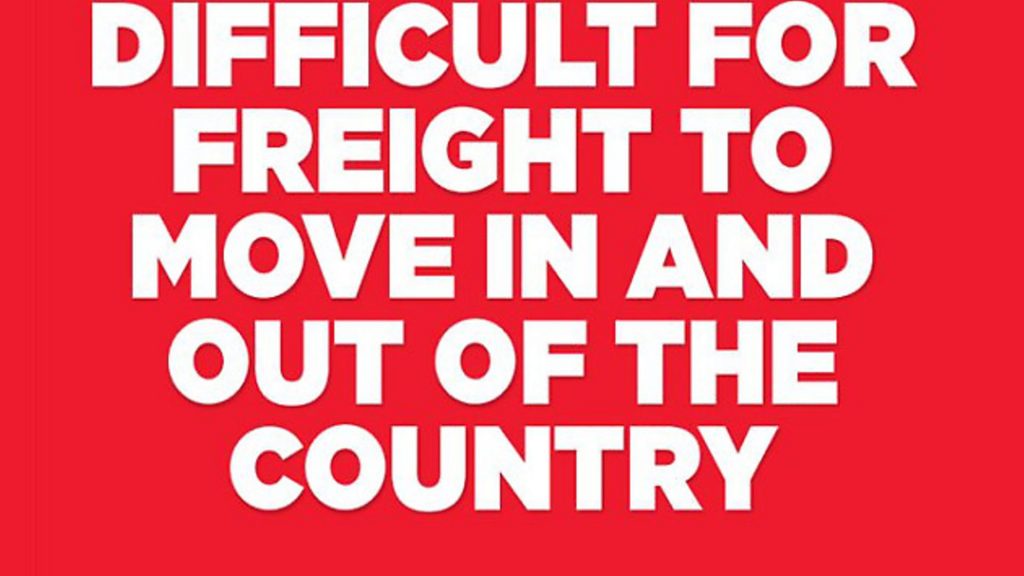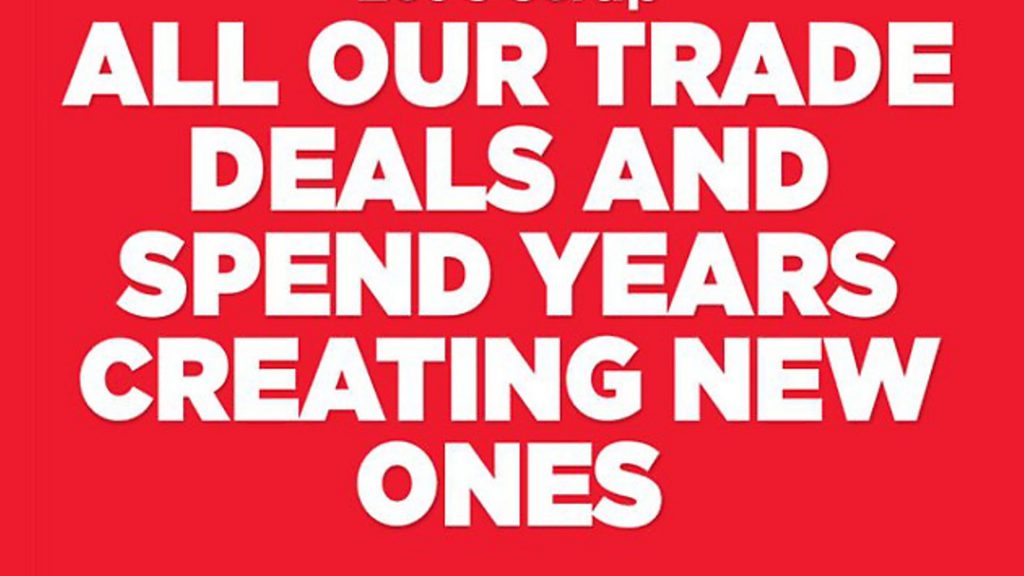
The Brexiteers’ claim that we would be £350m a week better off outside the EU has been widely ridiculed – but it worked and they are at it again

After it worked so well last time, you cannot blame them for trying it again.
The Leavers’ claim during last year’s referendum campaign was that we would be £350 million better off each week if we left the European Union.
Thoroughly picked apart and exposed as utter nonsense by every fact-checker and expert from the UK Statistics Authority down, it nonetheless worked.
Today’s cheerleaders for Brexit, Change Britain, have shamelessly doubled down. In new ‘research’ published by them in the lull between Christmas and New Year, and pretty much copied and pasted into the pro-Brexit tabloids, they now argue that we will not be £350m but £450m per week better off.

This bounty only awaits us however if we opt for the hardest possible Brexit – out of the EU, out of the single market, and out of the customs union too. They did not quite say they wanted to fill in the Channel Tunnel with cement, but almost.
Unless something unexpected happens, 2017 is when British officials will sit down opposite EU officials to start bartering over the details of our departure. And that means that this year is when the EU presents us with the divorce bill.
Estimates reported in December put our liabilities possibly as high as £50 billion, to cover things we have signed up to as members but which have not yet been paid for. This will be the year when the pound’s bumpy ride since last June gets even bumpier, with every twist and turn of the exit talks. It is the year it all starts to get very real very quickly.
Change Britain appear to be following the same (sadly, effective) playbook as their predecessors Vote Leave: Throw some numbers in. It does not matter if they are misleading. Just get them out there and stick to them. If someone points out the deep flaws in what you are saying, slam them as ‘doomsayers’ who are themselves misleading the public. Muddy the waters. Confuse the debate.
This tactic means people do not know who is right and who is wrong and they end up trusting and listening to no-one. When that happens, the side hawking snake oil wins.
Before anyone falls into this trap however, let us debunk these new numbers. It is important to get on record that these sums do not add up.
What Change Britain – and too many newspapers – refer to as their ‘research’ is actually just some notes at the end of a press release. And in these notes, the group claims the £450m per week saving would come from three things: no longer paying a membership fee to the EU, signing new trade deals and scrapping red tape.
Change Britain say the UK sent the EU £14.68bn in 2015 as our membership fee. What is important here – and it is very important – is that by using this figure the Leave camp is accepting that the £350m per week claim they made during the referendum campaign was untrue. £14.68bn across a year is £282m per week, not the £350m emblazoned on the side of that bus. Quietly, perhaps even unwittingly, they have conceded that last year’s successful Leave campaign was built on a lie. We should be shouting that from the rooftops.
Leaving this confession to one side, their figures are pretty shaky. As recently as November, the House of Commons Library put the UK’s contribution in 2015 at £12.9bn, almost £2bn less than Change Britain. And by saying that the government will somehow get to pocket the entire amount as a saving, they ignore the huge cost of Brexit. Who is going to pay for all the new customs officers and extra customs facilities at the Channel ports and potentially along our 310-mile land border with Ireland?
What about all the trade negotiators we will need to hammer out all those new trade deals we are promised? And who but the taxpayer will foot the bill for all the civil servants and government lawyers whose working lives are now consumed by Brexit?
The government admitted to Parliament recently that in one month alone, towards the end of 2016, officials in Liam Fox’s Department for International Trade worked an estimated 440,000 hours. That department did not exist before 23 June because there was no need for it. All of these extra hours of work have been caused by the Brexit vote – and none of that cost to the taxpayer is accounted for in Change Britain’s dodgy sums.
The next promised boost from Hard Brexit is new trade deals. They argue these will increase exports by more than £12bn per year. The problem here is that if we follow Change Britain’s advice and pull out of the customs union as well as the EU and the single market, we would instantly drop out of the trade deals that the EU has with 63 countries around the world. That would make exporting harder, not easier.
Two of the countries they offer up as candidates for early post-Brexit trade deals – South Korea and Canada – are places with which the UK already have such deals through its membership of the EU. If we do what Change Britain suggests and leave the customs union, those current deals will no longer apply. We will then have to employ large numbers of expensive trade negotiators to spend years haggling with South Korean and Canadian trade negotiators, simply to get back to where we are right now. It would be a frankly bizarre course of action to undertake.
And we would not just drop out of the trade deals the EU has struck with those 63 other countries. That number does not include the EU itself. Upon leaving the single market and customs union, UK exports to the 27 remaining members of the EU would face a host of new barriers.
And none of those are accounted for in Change Britain’s calculations. It is either colossal oversight or shameless sleight of hand.
Right now, UK companies can buy and sell across the EU with the minimum of bureaucratic fuss and bother. If we end up outside the EU, single market and customs union however, our lorries would be backing up at the Channel ports awaiting customs clearance. Economically, Hard Brexit would not be so much a shot in the arm as a self-inflicted shot to the head.
The final, flawed part of their fake savings is scrapping red tape. Change Britain calculate this could save more than £1bn per year, but there is devil in the detail.
Among the ‘burdensome’ EU regulations they are keen to scrap is the requirement for airlines to give compensation if their flights are overbooked, cancelled or unduly delayed. How are British holidaymakers or businesspeople better off if, say, Qatar Airways, American Airlines or Air New Zealand are allowed to avoid compensating them when their flights are messed up? That makes a foreign airline better off, not us.
They cite the Data Protection Act as something that can go if we leave the single market. This is the law that governs how companies and organisations handle your personal data – things like your home address, your mobile number, your work history. Scrapping this alone, they argue, would save more than £1bn. But save who £1bn? Not us, as either citizens or taxpayers. Abolishing this law is not going to make my life or your life better. It will make it worse.
Change Britain also place on the chopping block the rules covering the transportation of live animals, things like how much feed and rest the animals get during their journey. How does treating animals with less care and compassion make us better off?
They cite too rules for things like the proper disposal of batteries. How will allowing toxic waste to be dumped or burnt rather than disposed of safely be a boost to Britain? On and on it goes.
And once again they conveniently overlook the massive downsides of Brexit, and particularly their hard version of it. Red tape will not be cut; it will multiply. Think of those lorries backing up outside places like Dover and Harwich. They will not be able to just drive onto the ferry and drive off in Calais or Rotterdam. Everything they have on board will need customs paperwork. They will be subject to customs checks, perhaps having to wait hours or even days for clearance to carry on. Freight might be impounded if anything on the paperwork is amiss.
And that would happen in the opposite direction too, meaning UK companies waiting needlessly for components from across the Channel to clear customs. None of the costs and burdens of this is accounted for in Change Britain’s figures, and none of it would be good for Britain.
But while economically their numbers may be useless, they are useful in one respect. Many of us have been haranguing the Leave camp for their lack of a plan. But here perhaps, in this ‘research’, is the first, sketchy outline of their preferred plan for a post-Brexit Britain. It is not pretty.
Their Britain is one that cuts back on consumer protection, animal welfare and environmental standards. It is a Britain where your personal data might be freely bought and sold in the absence of laws to protect it. It is a grim blueprint for Britain, and not one anyone voted for.
• Writer Stuart Bonar blogs at stillEU.uk and runs the Campaign to Remain page on Facebook









